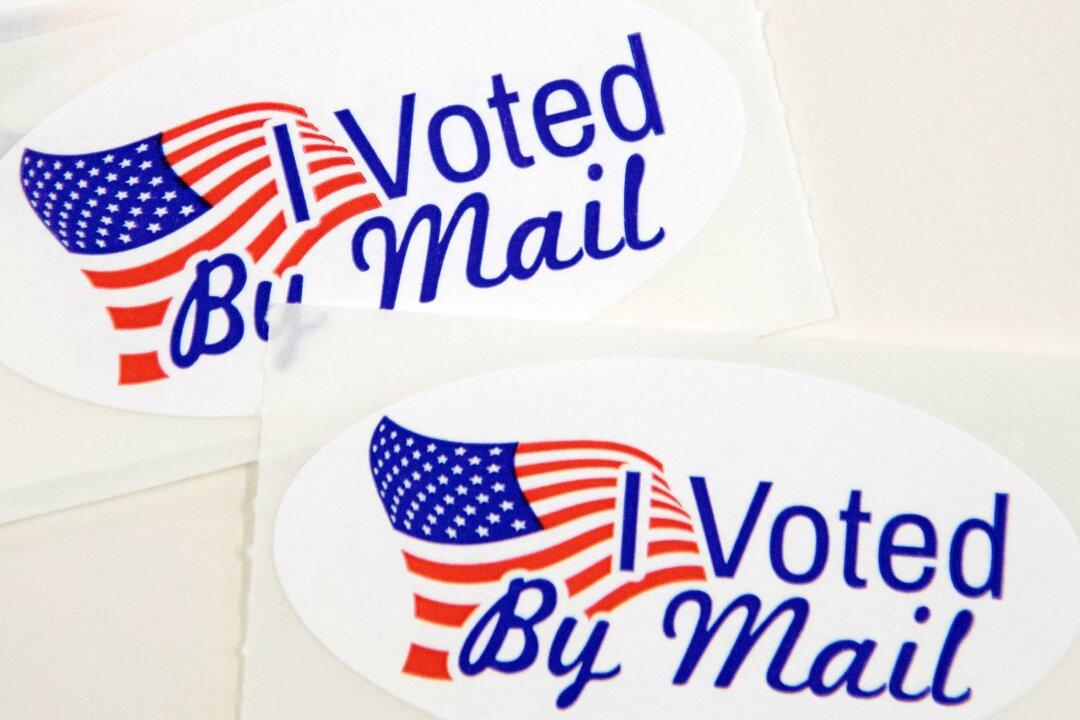A total of 353 counties in 29 U.S. states have 1.8 million more registered voters than eligible voting-age citizens, according to an analysis by Judicial Watch.
In addition, eight states, including Alaska, Colorado, Maine, Maryland, Michigan, New Jersey, Rhode Island, and Vermont, were found to have statewide registered voter totals that exceeded 100 percent of eligible voters, according to the nonprofit government watchdog.





